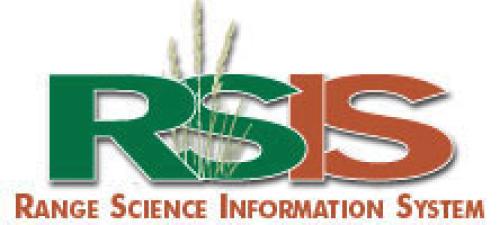Stout et al. used experimental data from the northeast U.S. and the literature to assess the relationships between stocking rate and nitrate leaching losses beneath an intensively grazed pasture. A relatively low cumulative seasonal stocking rate (as little as 200 cows) would result in 10 mg nitrate-N concentration in the leachate beneath an intensively grazed pasture. This means that while management intensive grazing can improve the profitability of small and medium sized dairy farms and can provide erosion control, it can have a significant negative impact on water quality beneath pastures. The extent to which this impact can affect water quality, within a specific watershed, needs to be evaluated in context of the other cropping systems and land uses within the watershed. Management techniques need to be developed to address the specific nutrient problems associated with management intensive grazing.

Citations and enhanced abstracts for journals articles and documents focused on rangeland ecology and management. RSIS is a collaboration between Montana State University, University of Idaho, and University of Wyoming.